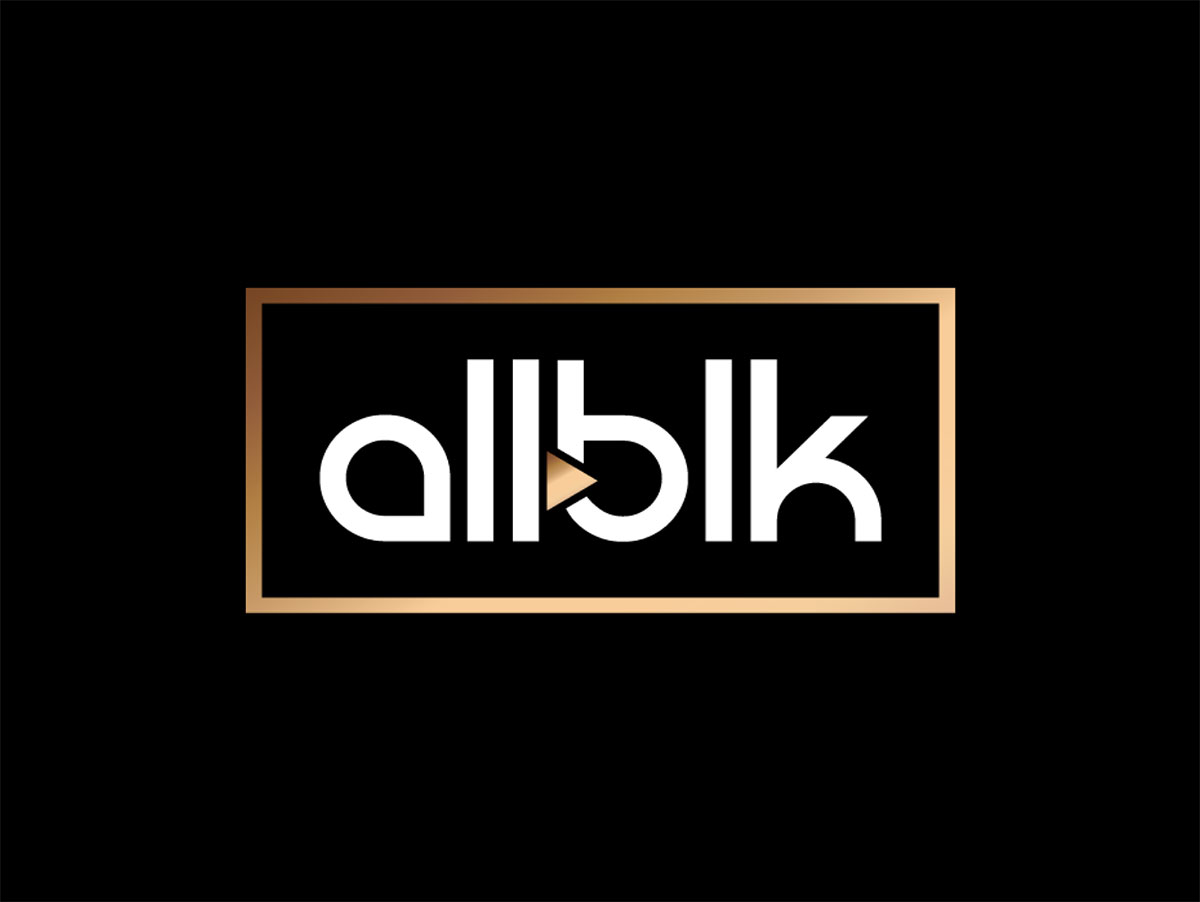None of the outlets is a mass-audience juggernaut, but that’s never been the plan. As a portfolio they have grown steadily and offer the company more options for how to connect with consumers, some of whom are cutting and shaving the cord. Executives tell Deadline the four services combined will have north of 2 million subscribers by the end of 2019 and are on track to achieve profitability by the end of 2020. That’s a meaningful development for a company navigating a dramatically transforming pay-TV ecosystem.
“We’ve been moving increasingly into direct-to-consumer streaming. But we see our businesses as complementary with the major streaming services and not as a replacement for them,” COO Ed Carroll told Deadline in an interview.
Acorn TV, the oldest of the services (the others are Sundance Now, UMC and Shudder), is already in the black. It touts itself as the No. 1 North American purveyor of streamed British and international shows. London Kills, the first straight-to-series commission about a Scotland Yard detective team, is currently Acorn’s top draw, according to company data. Another popular title is Manhunt, which stars Martin Clunes in a drama about a series of crimes in London in 2004. ITV is a producer, with Acorn taking exclusive rights in North and South America.
Horror Noire: A History of Black Horror is an original Shudder documentary that is one of the horror-focused service’s most-viewed titles. It features Jordan Peele and others who trace the role of African-Americans in Hollywood through horror movies. Shudder and Sundance Now both streamed A Discovery of Witches, a fantasy drama that quickly became the most successful title in the two service’s history, driving record viewing and subscriber growth. Urban Movie Channel’s ramped-up original slate includes Monogamy, from director/screenwriter Craig Ross Jr., and the Daytime Emmy-nominated Bronx SIU. Eight to 10 new scripted and unscripted originals have been commissioned for 2020.
In parallel with the four subscription streamers, the company also operates commercial-free SVOD services AMC Premiere and IFC Films Unlimited, which are overseen by those networks’ teams. The latter debuted on Amazon Prime Channels and AMC Premiere launched in 2017 on Comcast before adding YouTube TV.
The streaming strategy began to take shape after AMC Networks took a minority stake in Acorn’s parent, RLJ Entertainment, in the fall of 2016. It went on to gain a controlling 80%. The company will report its quarterly earnings on Wednesday and while executives have touted modest overall subscriber gains in recent quarters, streaming is certainly part of the reason for that uptick.
Even as it looks to control more of its destiny, AMC Networks is still doing business with the major streaming services. At its Penn Plaza headquarters, there is a distinct lack of the kind of rhetoric coming out of traditional media peers like Disney, WarnerMedia and NBCUniversal about vows to reclaim their originals and the supposed shortcomings of established platforms. (Bob Greenblatt, who joined WarnerMedia as entertainment chairman and head of DTC efforts, told NBC soon after he came aboard that “Netflix doesn’t have a brand. It’s just a place you go to get anything — it’s like Encyclopedia Britannica.”)
As AMC’s first crop of originals Mad Men, Breaking Bad and The Walking Dead — started gaining momentum a decade ago, licensing deals with Netflix created more awareness for the company’s shows and also helped Netflix attract subscribers. Carroll called the company’s long-term relationship with Netflix a “win-win. Getting the Netflix money on the back end allowed us to make more shows.”
A key executive in the streaming mix for AMC Networks is Miguel Penella, president of global direct-to-consumer and also CEO of RLJE. He echoed Carroll’s assessment of the landscape.
“It’s not by happenstance that Netflix and Amazon are ahead of everyone,” he said. “One strength of theirs is expertise in customer relationships. That is a skill set that is fundamental. In our business, we look closely at all aspects of the customer experience. Things like credit card cancellations – we look at all of those details. In cable programming, it is a different animal – you are programming for prime-time events.”
Penella got to Acorn 15 years ago, when it was primarily focused on the DVD business. “That focus gave us a lot of understanding about the preferences of consumers and how to program to their interests,” he said.
Retaining subscribers remains a priority for AMC, as with all players in the streaming wars. The experience of streaming is designed to entail less friction than traditional pay-TV, but the ease of signing up and then cancelling a service — “churn,” in industry parlance — is a constant concern. It’s a distinct difference from the pay-TV world, where revenue streams are set for years at a time through carriage deals.
Because of the niche appeal of the AMC services, Penella said the company has churn rates that are the lowest in the industry. Also, at a time when Apple, Amazon and Roku and others deliver third-party apps to broad audiences, AMC Networks is resisting the urge to let those large tech partners dictate their strategy.
“Our churn is lower on our DTC platforms than when subscribers come in through Amazon or other avenues,” Penella notes.
With more options than ever, Carroll said, “We will be looking much more at the individual qualities of each show and making decisions about where it fits best.”


